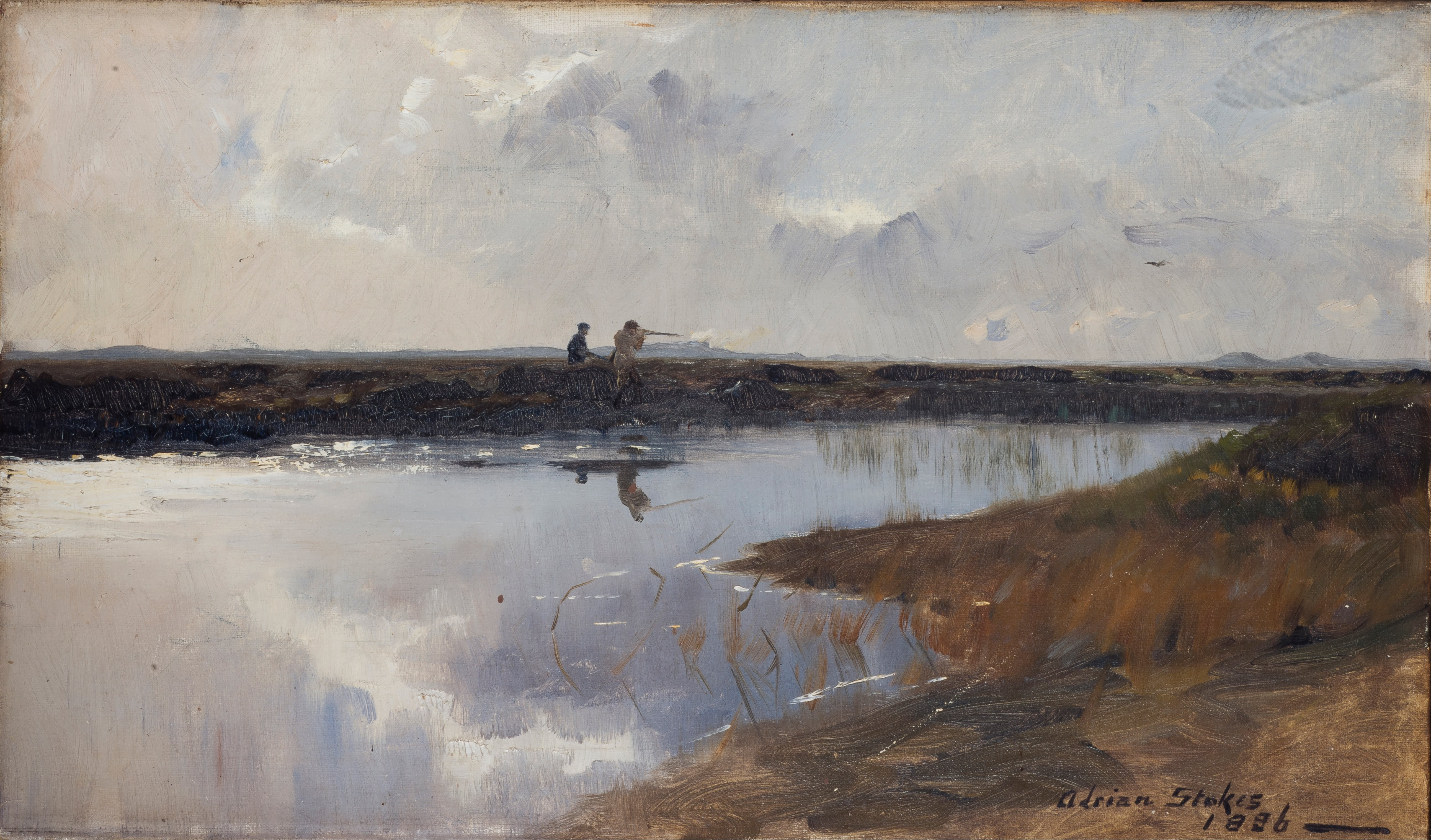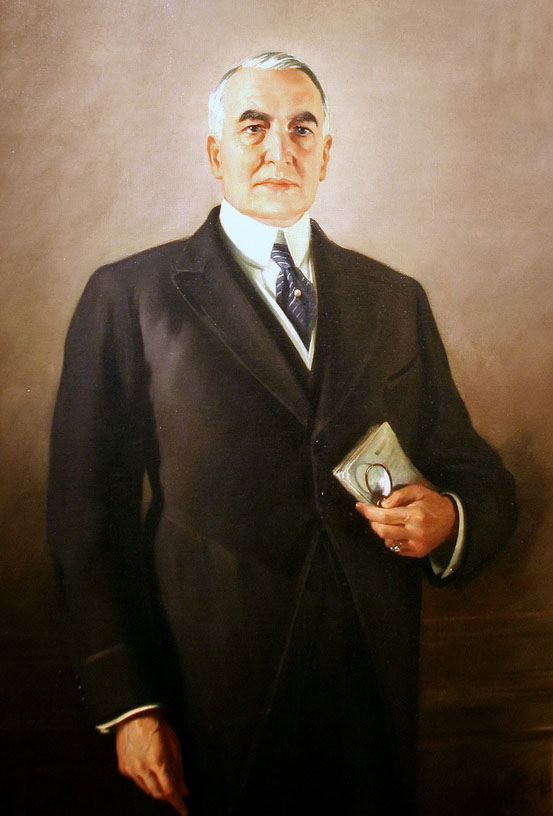|
Territorial Principle
The territorial principle (also territoriality principle) is a principle of public international law which enables a sovereign state to exercise exclusive jurisdiction over individuals and other legal persons within its territory. It includes both the right to prosecute individuals for criminal offences committed within its borders, as well as the right to arrest and apprehend individuals within its territory. Its corollary bars states from exercising jurisdiction within the territory of other states without their express consent, unless such an exercise can be based on other principles of jurisdiction, such as the principle of nationality, the passive personality principle, the protective principle, and possibly, the principle of universal jurisdiction. The ''Lotus'' case was a key court ruling on the territoriality principle. In 1926, a French vessel collided with a Turkish vessel, causing the death of several Turkish nationals. The Permanent Court of International Justice rule ... [...More Info...] [...Related Items...] OR: [Wikipedia] [Google] [Baidu] |
Public International Law
International law, also known as public international law and the law of nations, is the set of Rule of law, rules, norms, Customary law, legal customs and standards that State (polity), states and other actors feel an obligation to, and generally do, obey in their mutual relations. In international relations, actors are simply the individuals and collective entities, such as states, International organization, international organizations, and non-state groups, which can make behavioral choices, whether lawful or unlawful. Rules are formal, typically written expectations that outline required behavior, while norms are informal, often unwritten guidelines about appropriate behavior that are shaped by custom and social practice. It establishes norms for states across a broad range of domains, including war and diplomacy, Trade, economic relations, and human rights. International law differs from state-based List of national legal systems, domestic legal systems in that it operates ... [...More Info...] [...Related Items...] OR: [Wikipedia] [Google] [Baidu] |
Globalization
Globalization is the process of increasing interdependence and integration among the economies, markets, societies, and cultures of different countries worldwide. This is made possible by the reduction of barriers to international trade, the liberalization of capital movements, the development of transportation, and the advancement of information and communication technologies. The term ''globalization'' first appeared in the early 20th century (supplanting an earlier French term ''mondialisation''). It developed its current meaning sometime in the second half of the 20th century, and came into popular use in the 1990s to describe the unprecedented international connectivity of the Post–Cold War era, post–Cold War world. The origins of globalization can be traced back to the 18th and 19th centuries, driven by advances in transportation and communication technologies. These developments increased global interactions, fostering the growth of international trade and the exc ... [...More Info...] [...Related Items...] OR: [Wikipedia] [Google] [Baidu] |
Legal Doctrines And Principles
A legal doctrine is a framework, set of rules, procedural steps, or test, often established through precedent in the common law, through which judgments can be determined in a given legal case. For example, a doctrine comes about when a judge makes a ruling where a process is outlined and applied, and allows for it to be equally applied to like cases. When enough judges make use of the process, it may become established as the '' de facto'' method of deciding like situations. Examples Examples of legal doctrines include: See also * Constitutionalism * Constitutional economics * Concept * Rule according to higher law * Legal fiction * Legal precedent * '' Cogitationis poenam nemo patitur'' * ''Ex aequo et bono ''Ex aequo et bono'' (Latin for "according to the right and good" or "from equity and conscience") is a Latin phrase that is used as a legal term of art. In the context of arbitration, it refers to the power of arbitrators to dispense with appli ...'' Reference ... [...More Info...] [...Related Items...] OR: [Wikipedia] [Google] [Baidu] |
Ratione Soli
''Ratione soli'' or is a Latin phrase meaning "according to the soil" or "by reason of the ownership of the soil." In property law, it is a justification for assigning property rights to landowners over resources found on their own land.W.M. Rockel''Game — Hunting Rights — Poaching'' 57 425, 426 (1908). Traditionally, the doctrine of ''ratione soli'' provides landowners "constructive possession of natural resources on, over, and under the surface: cujus est solum, ejus est usque ad coelum ad infernos." Origins In ancient Roman law, landowners could only take legal possession of animals by capturing and maintaining physical control over them. English common law originally restricted the right to hunt animals to those who had permission from the Crown, but later laws allowed landowners to hunt animals that entered upon their land through the principle of ''ratione soli''. Over time, this developed into a system of laws where the right to hunt was restricted to nobles and the l ... [...More Info...] [...Related Items...] OR: [Wikipedia] [Google] [Baidu] |
Ad Coelum
''Cuius est solum, eius est usque ad coelum et ad inferos'' (Latin for "whoever's is the soil, it is theirs all the way to Heaven and all the way to Hell") is a principle of property law, stating that property holders have rights not only to the plot of land itself, but also the air above and (in the broader formulation) the ground below. The principle is often referred to in its abbreviated form as the ''ad coelum'' doctrine. In modern law, this principle is still accepted in limited form; the rights are divided into air rights above and subsurface rights below. Property title includes to the space immediately above and below the ground – preventing overhanging parts of neighboring buildings – but do not have rights to control flights far above the ground or in space. In dense urban areas, air rights may be transferable (see transferable development rights) to allow construction of new buildings over existing buildings. In some jurisdictions, the ability to exploit miner ... [...More Info...] [...Related Items...] OR: [Wikipedia] [Google] [Baidu] |
Augusto Pinochet
Augusto José Ramón Pinochet Ugarte (25 November 1915 – 10 December 2006) was a Chilean military officer and politician who was the dictator of Military dictatorship of Chile, Chile from 1973 to 1990. From 1973 to 1981, he was the leader of the Government Junta of Chile (1973), military junta, which in 1974 declared him President of Chile, President of the Republic and thus the dictator of Chile; in 1980, 1980 Chilean constitutional referendum, a referendum approved Chilean Constitution of 1980, a new constitution confirming him in the office, after which he served as ''de jure'' president from 1981 to 1990. His time in office remains the longest of any Chilean ruler.Carlos Huneeus, Huneeus, Carlos (2007)Las consecuencias del caso Pinochet en la política chilena Centro de. Estudios de la Realidad Contemporánea. Augusto Pinochet rose through the ranks of the Chilean Army to become General Chief of Staff in early 1972 before being appointed its List of comm ... [...More Info...] [...Related Items...] OR: [Wikipedia] [Google] [Baidu] |
R V Bow Street Metropolitan Stipendiary Magistrate, Ex Parte Pinochet
''R (Pinochet Ugarte) v Bow St Metropolitan Stipendiary Magistrate'' 0001 AC 61,119 an is a set of three UK constitutional law judgments by the that examined whether former Chilean dictator was entitled to claim |
Internet
The Internet (or internet) is the Global network, global system of interconnected computer networks that uses the Internet protocol suite (TCP/IP) to communicate between networks and devices. It is a internetworking, network of networks that consists of Private network, private, public, academic, business, and government networks of local to global scope, linked by a broad array of electronic, Wireless network, wireless, and optical networking technologies. The Internet carries a vast range of information resources and services, such as the interlinked hypertext documents and Web application, applications of the World Wide Web (WWW), email, electronic mail, internet telephony, streaming media and file sharing. The origins of the Internet date back to research that enabled the time-sharing of computer resources, the development of packet switching in the 1960s and the design of computer networks for data communication. The set of rules (communication protocols) to enable i ... [...More Info...] [...Related Items...] OR: [Wikipedia] [Google] [Baidu] |
Criminal Negligence
In criminal law, criminal negligence is an offence that involves a breach of an objective standard of behaviour expected of a defendant. It may be contrasted with strictly liable offences, which do not consider states of mind in determining criminal liability, or offenses that requires mens rea, a mental state of guilt. Concept To constitute a crime, there must be an ''actus reus'' (Latin for "guilty act") accompanied by the ''mens rea'' (see concurrence). Negligence shows the least level of culpability, intention being the most serious, and recklessness being of intermediate seriousness, overlapping with gross negligence. The distinction between recklessness and criminal negligence lies in the presence or absence of foresight as to the prohibited consequences. Recklessness is usually described as a "malfeasance" where the defendant knowingly exposes another to the risk of injury. The fault lies in being willing to run the risk. But criminal negligence is a "misfeasance" or ... [...More Info...] [...Related Items...] OR: [Wikipedia] [Google] [Baidu] |
Sovereign State
A sovereign state is a State (polity), state that has the highest authority over a territory. It is commonly understood that Sovereignty#Sovereignty and independence, a sovereign state is independent. When referring to a specific polity, the term "country" may also refer to a constituent country, or a dependent territory. A sovereign state (polity), state is required to have a permanent population, defined territory, a government not under another, and the capacity to International relations, interact with other sovereign states. In actual practice, recognition or non-recognition by other states plays an important role in determining the status of a country. List of states with limited recognition, Unrecognized states often have difficulty engaging in Diplomacy, diplomatic relations with other sovereign states. History Since the end of the 19th century, almost the entire globe has been divided into sections (countries) with more or less defined borders assigned to different sta ... [...More Info...] [...Related Items...] OR: [Wikipedia] [Google] [Baidu] |
Permanent Court Of International Justice
The Permanent Court of International Justice, often called the World Court, existed from 1922 to 1946. It was an international court attached to the League of Nations. Created in 1920 (although the idea of an international court was several centuries old), the court was initially well-received from states and academics alike, with many cases submitted to it for its first decade of operation. Between 1922 and 1940 the court heard a total of 29 cases and delivered 27 separate advisory opinions. With the heightened international tension in the 1930s, the court became less used. By a resolution from the League of Nations on 18 April 1946, both the court and the league ceased to exist and were replaced by the International Court of Justice and the United Nations. The court's mandatory jurisdiction came from three sources: the Optional Clause of the League of Nations, general international conventions and special bipartite international treaties. Cases could also be submitted directly ... [...More Info...] [...Related Items...] OR: [Wikipedia] [Google] [Baidu] |
Turkey
Turkey, officially the Republic of Türkiye, is a country mainly located in Anatolia in West Asia, with a relatively small part called East Thrace in Southeast Europe. It borders the Black Sea to the north; Georgia (country), Georgia, Armenia, Azerbaijan, and Iran to the east; Iraq, Syria, and the Mediterranean Sea to the south; and the Aegean Sea, Greece, and Bulgaria to the west. Turkey is home to over 85 million people; most are ethnic Turkish people, Turks, while ethnic Kurds in Turkey, Kurds are the Minorities in Turkey, largest ethnic minority. Officially Secularism in Turkey, a secular state, Turkey has Islam in Turkey, a Muslim-majority population. Ankara is Turkey's capital and second-largest city. Istanbul is its largest city and economic center. Other major cities include İzmir, Bursa, and Antalya. First inhabited by modern humans during the Late Paleolithic, present-day Turkey was home to List of ancient peoples of Anatolia, various ancient peoples. The Hattians ... [...More Info...] [...Related Items...] OR: [Wikipedia] [Google] [Baidu] |





